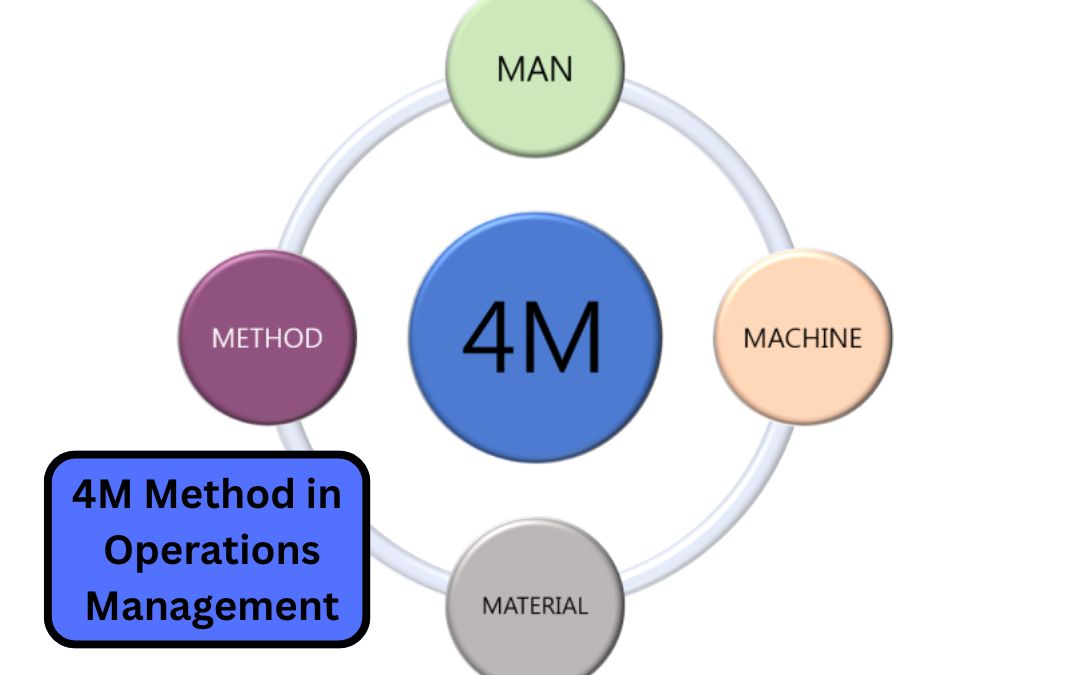Time is one of the most valuable resources we have—but it’s also one of the easiest to lose track of. Learning how to manage time effectively isn’t just about meeting deadlines—it’s about creating space for creativity, reducing stress, and finding balance between work and personal life. Whether you’re a student, working professional, or business leader, strong time management skills can help you stay focused, organized, and in control.
In this article, we’ll explore what time management means, seven essential skills to develop, the benefits of mastering your time, and practical next steps you can take to level up your productivity.
What Is Time Management?
Time management is the practice of organizing and planning how to divide your time between different activities. Good time management means getting more done in less time—even when under pressure—and ensuring your work doesn’t eat into your personal life. It’s about prioritizing tasks, setting realistic goals, and making thoughtful decisions about how to spend each moment.
7 Time Management Skills to Strengthen Your Productivity
Here are seven essential skills that can transform how you manage your day:
1. Prioritization
Being able to distinguish between what’s urgent and what’s important is critical. Start each day by reviewing your tasks and ranking them based on urgency and impact. This ensures that crucial work is completed first, while less critical tasks are planned for later.
Example: Responding to an urgent client email is more time-sensitive than drafting a future report.
2. Goal Setting
Setting short-term and long-term goals gives structure to your day. Goals act as a roadmap, helping you break big tasks into smaller, manageable chunks. With clear goals in place, you’ll feel less overwhelmed and more focused.
Tip: Set weekly or monthly targets and align daily tasks to reach them.
3. Planning
A well-thought-out plan is half the battle won. Write down your schedule and include not just work, but meetings, breaks, and travel time. When you understand how much time you actually have, you can make realistic decisions about what can be accomplished.
Pro Tip: Identify your most productive time of day and reserve it for high-focus tasks.
4. Delegation
Trying to do everything yourself can quickly lead to burnout. If you’re in a position to do so, share responsibilities with colleagues or teammates. Delegation frees you up to focus on tasks that align with your strengths or require your expertise.
5. Setting Boundaries
Saying “yes” to everything can overload your schedule. Learn to respectfully decline tasks that don’t fit your priorities or stretch your capacity too thin. Setting clear boundaries protects your time and helps avoid unnecessary stress.
Example: If you’re already managing a full workload, communicate that taking on another task could impact quality or deadlines.
6. Focus
Multitasking may seem efficient, but it often leads to mistakes and lower-quality work. Instead, work on one task at a time in a distraction-free environment. Clear your workspace, silence notifications, and give each task your full attention.
7. Automation
Embrace technology to simplify your day. From email templates and task managers to scheduling apps and automated reminders, tools like these can handle repetitive work and help you stay organized without constant manual input.
Tool ideas: Trello, Asana, Google Calendar, Slack integrations
Benefits of Good Time Management
When you manage your time well, the benefits go beyond just ticking off tasks. You’ll notice improvements in both your professional and personal life, such as:
- Reduced stress and anxiety
- Better focus and decision-making
- Increased productivity and efficiency
- Consistent ability to meet deadlines
- Enhanced work quality
- Healthier work-life balance
- Stronger professional reputation
- More confidence and energy
- Extra time for personal growth and hobbies
What’s Next? How to Start Building These Skills
Time management isn’t something you master overnight. It’s a skill that improves with practice, reflection, and the right resources. If you’re looking to take structured steps, consider enrolling in courses like the “Achieving Personal and Professional Success” specialization from the University of Pennsylvania. This beginner-friendly program helps you:
- Define your version of success
- Improve communication
- Build emotional intelligence
- Sharpen decision-making and leadership skills
You can learn at your own pace and apply what you learn immediately in real-life situations.
Conclusion
Great time management isn’t about filling every moment with work. It’s about being intentional with your time—choosing the tasks that matter most, staying organized, and giving yourself space to grow. By developing the right skills, you can boost your productivity, reduce stress, and create a life that’s balanced and fulfilling.
FAQs
1. What is time management, and why is it important?
Time management is the practice of planning and organizing your time effectively to complete tasks efficiently. It’s important because it helps you stay focused, reduce stress, meet deadlines, and maintain a healthy work-life balance.
2. I always feel busy but unproductive. Can time management help?
Yes! Time management helps you prioritize tasks, focus on what truly matters, and eliminate time-wasting activities. By organizing your day better, you’ll find yourself being busy and productive.
3. How do I know which task to do first?
Use the urgent vs. important method. Urgent tasks require immediate attention, while important ones affect long-term goals. Start with urgent-important tasks, then move on to less urgent or less impactful ones.
4. Is multitasking good for time management?
Not really. Multitasking can lower your focus and increase errors. It’s better to concentrate on one task at a time for better quality and faster results.
5. What are some tools I can use for better time management?
Here are a few popular tools:
- Google Calendar – For scheduling and reminders
- Trello or Asana – For managing tasks and projects
- Pomodoro timers – For focused work sessions
- Todoist – For organizing daily to-dos
- RescueTime – To track time spent on digital activities
6. How do I avoid distractions when working?
Create a clean, clutter-free workspace, turn off unnecessary notifications, and set specific blocks of time to focus on tasks. You can also use apps that block distracting websites during work hours.
7. I have too much on my plate. How do I say “no” at work?
Be honest and assertive. Explain your current workload and suggest realistic timelines or alternative solutions. Setting boundaries helps you protect your time and deliver better work.












